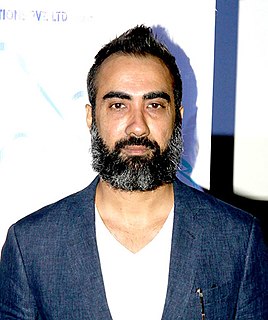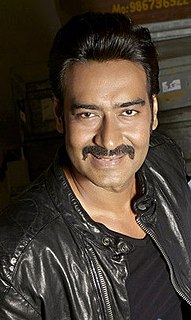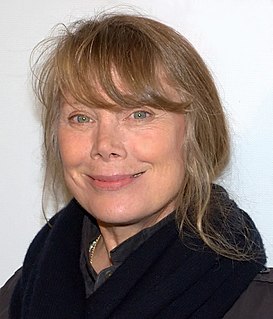A Quote by Leigh Whannell
The thing I love the most about low budget films is the creative freedom.
Related Quotes
I don't choose to make low-budget films. But that is the reality of surviving in the Japanese film industry. However, the trade off is, since we're working on small budgets, we have freedom. You can't buy this freedom with money. With this freedom, I think there are an infinite number of possibilities.
People talk about the difference between working on stage and working on film. I think you could say that there are as many differences between working on low budget films and working on big budget films. You really are doing the same thing, but at the same time you're doing something vastly different as well.
The model we established was to give creative people complete creative freedom in exchange for betting on themselves, so they work for the minimums you're allowed to work for, and if the movies work in a big way, everyone does very well. If the movies don't, nobody loses too much money. The benefit to doing all the movies low budget is we can tell different types of stories and take creative risks. The Purge would have been irresponsible to do for $20M, but to do it for $3M makes sense.

































